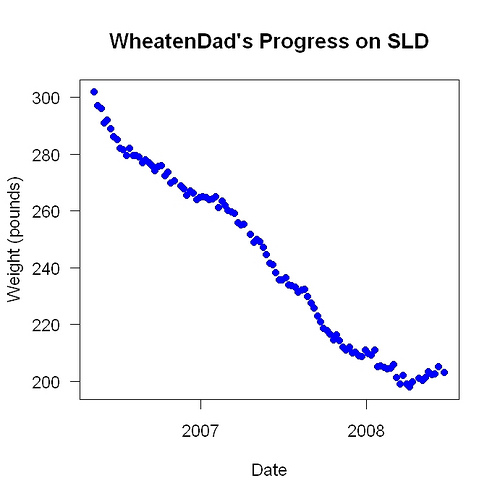A long post by Ben Casnocha tells how to give advice. The subject fascinates me because I’ve noticed what a strong tendency I have to give advice when told of this or that problem — yet I also realize that advice giving is usually obnoxious. I think this is why Ben’s post is long: It’s a difficult problem, like an addiction: The bad consequences are hard to avoid. Why do I have this tendency? No obvious reason. It certainly isn’t learned or copied or sustained by reward. Why is it obnoxious? Again, there’s no obvious reason. Giving advice has good and bad aspects: trying to be helpful (good) and acting superior and ignorant (bad). Why the bad seems to predominate I have no idea.
This is one reason I think Jane Jacobs’s you can only change what you love is usually true: because in your communication with someone you love (or at least respect) there will be enough positive in the whole message to overcome the negative of the advice itself — so that the advice doesn’t push the person away. (Another reason I think she’s right is that to give good advice you usually need to know a lot about the person you are advising.)
